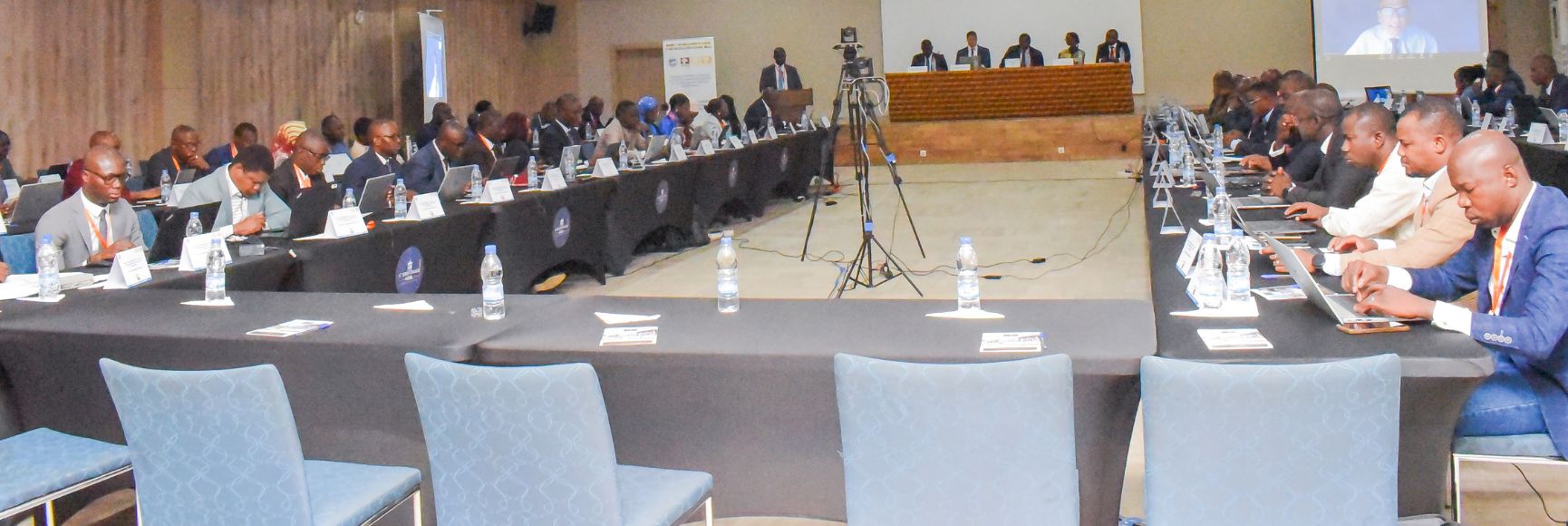2023 was a momentous year for the PFM blog! Following the relocation of the IMF blogs to their new platform on Sitecore in late 2022, the readership followed suit. We are proud to announce that the number of “hits” passed 80 million during 2023. We have come a long way since the humble beginnings of the PFM blog in 2008 on Typepad.
Out of the 68 articles posted in 2023, more than 70% were written by non-IMF authors, compared to 56% in 2022. This has been a consistent trend for the last four years, where each year has seen increased participation by other international organizations, think tanks and research institutes, finance ministries, PFM practitioners, and other non-IMF authors. Only two out of the top 10 articles for 2023 were authored by IMF staff.
The top 10 articles posted in 2023 are wide ranging and focused on many of the global challenges we are currently facing. These include corruption, climate change, fragile and conflict-affected states, and economic inequality. Issues related to fiscal sustainability and digitalization also featured prominently.
The third most viewed PFM article in 2023 was Promoting Sustainable Development through Civil Society by Aura Martinez and Sunny Villa.
The second most viewed article was Pakistan's Debt Dilemma by Abdul Wahid.
Finally, the first place goes to Ismail Momoniat, for his article on How and Why Did State Capture and Massive Corruption Occur in South Africa?
We want to thank all the PFM blog readers and contributors alike, for their participation and involvement in the blog. Thank you for helping the PFM blog become more successful each year, we are extremely grateful for you, and invite your continued support.
Please find below the complete list of the Top 10 most viewed PFM blog articles in 2023:
- 1-How and Why Did State Capture and Massive Corruption Occur in South Africa?
- 2-Pakistan's Debt Dilemma
- 3-Promoting Sustainable Development through Civil Society
- 4-Transforming Tax Administration in Indonesia through a Single Identity Number
- 5-Challenges of Public Investment Management in Fragile and Conflict-affected States
- 6-Improving Infrastructure Investment in the GCC
- 7-Recruiting Non-Executive Directors to Manage Government-Owned Commercial Assets
- 8-Accounting for Net Zero: The Role of Audit Institutions
- 9-Digital Solutions Guidelines
- 10-Using Public Policy to Scale Up Private Investment in Carbon Markets




